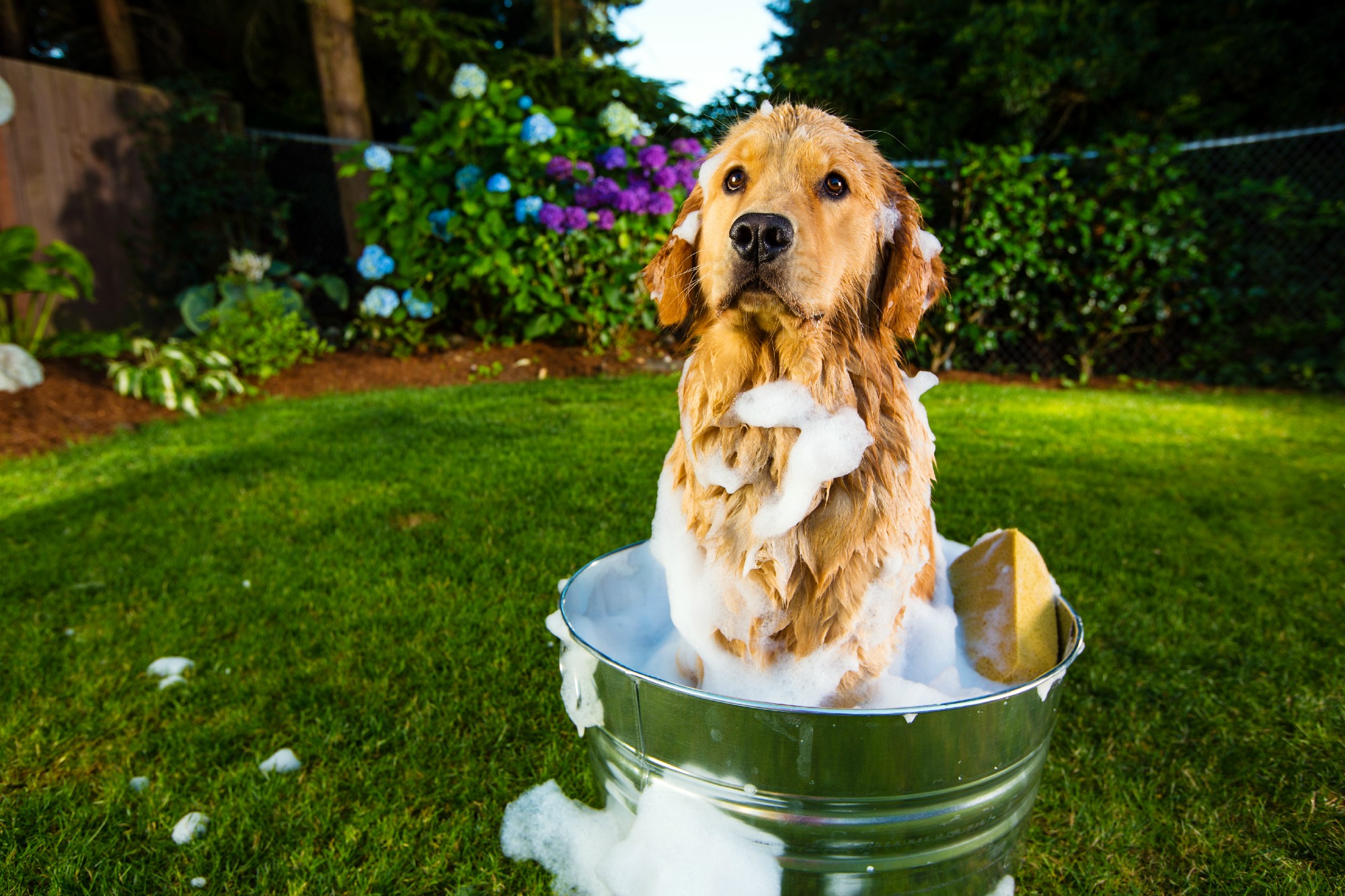Send your question to Umbra!
Q. My daughter is looking for a shampoo that is both environmentally responsible AND leaves her hair feeling clean (my cupboard is full of products I’m finishing up because she’s rejected them). Short of getting a chemistry degree, how do we know what’s environmentally best?
Elmie S.
Penticton, BC
A. Dearest Elmie,
Before we dig into the problem of your overflowing shampoo cupboard, let me first congratulate you on raising the kind of daughter who cares if her hair-care regimen ends up polluting waterways and mutating local fish. The children are our future, as the song says, and this one gives me hope. Of course, her eco-inspired shampoo shopping spree isn’t the greenest way to find the perfect potion — but there are resources that can help, no chemistry degree required. (Though I’d encourage your daughter to get one anyway. We need more women in STEM fields!)
I like that you asked specifically about the environmental impact of shampoo chemicals, as we’ve already gotten into the more commonly discussed question of health issues. Agencies as large and important as the Environmental Protection Agency and the U.S. Geological Survey have been looking into what happens when we wash our shampoo suds down the drain, and the answer is … well, we don’t really know.
We do know that pharmaceutical and personal care products — PPCPs in science-speak — do find their way from your bathroom into the ecosystem. Evidence of the stuff (everything from medication to sunscreen to vitamins to cosmetics) has been found in most rivers, streams, coastal waters, and groundwater sampled. That’s largely because our wastewater treatment plants aren’t equipped to remove PPCPs, so they persist even in treated water. Research suggests [PDF] that PPCPs are present in the environment in very low concentrations, but these small amounts can accumulate over time.
What kind of chemicals are we talking about, exactly? And just what are they doing to your neighborhood trout? A closer examination of your typical shampoo bottle reveals a lineup of the usual suspects:
- Parabens, a popular class of preservatives used in cosmetics. Though they’re officially considered safe, they’ve been called out as endocrine disruptors and have raised concerns about their impact on aquatic life.
- Triclosan, an antimicrobial agent that’s potentially toxic to aquatic critters.
- Sodium lauryl sulfate (or sodium laureth sulfate), the chemical behind your shampoo’s luscious lather, has raised questions of ecotoxicity, according to the Environmental Working Group.
- Our old nemesis, phthalates, suspected endocrine disruptors that might harm marine life (and were among the most frequently detected substances in EPA fish tissue samples). They’re widely used in fragrances designed to make your tresses smell like tangerines or summer rain or whatever it is they’re hawking these days — and they’re not required to show up on the product label.
So while the exact ecological impact of shampoo remains murky, prudence may suggest that you steer clear of any questionable ingredients until they’re proven innocent (the minnows will thank you). That means reading the label and avoiding the ingredients listed above, including fragrances. Remember, just because something is labeled “natural” doesn’t mean it’s any better. Both the Good Guide and the Environmental Working Group’s Skin Deep Cosmetics Database make shopping a lot easier with hazard ratings for hundreds of products.
But as you note, the ratings are only half the story for your daughter — she’s also looking for pretty, clean locks from her chosen shampoo. Take heart: Skipping the chemical brew found in mass-market bottles shouldn’t harm her coif, as most of those ingredients are totally unnecessary anyway. In fact, she may find hair heaven in simple, minimally packaged shampoo bars; homemade dry shampoo; or a surprisingly effective baking-soda-and-vinegar wash. You both can further improve things for your local watershed (and save water in the process) by washing your hair less often and using less ’poo per suds session.
Finally, I’d counsel patience when switching hair-care products. It sounds like your daughter is flinging aside potions she deems unworthy at an alarming pace, but it can take some time for your hair and scalp adjust to a new formula. When you’ve found an acceptable solution, give it a chance to work. In other words, don’t be so quick to throw out the baby with the shower water.
Squeaky-cleanilly,
Umbra




